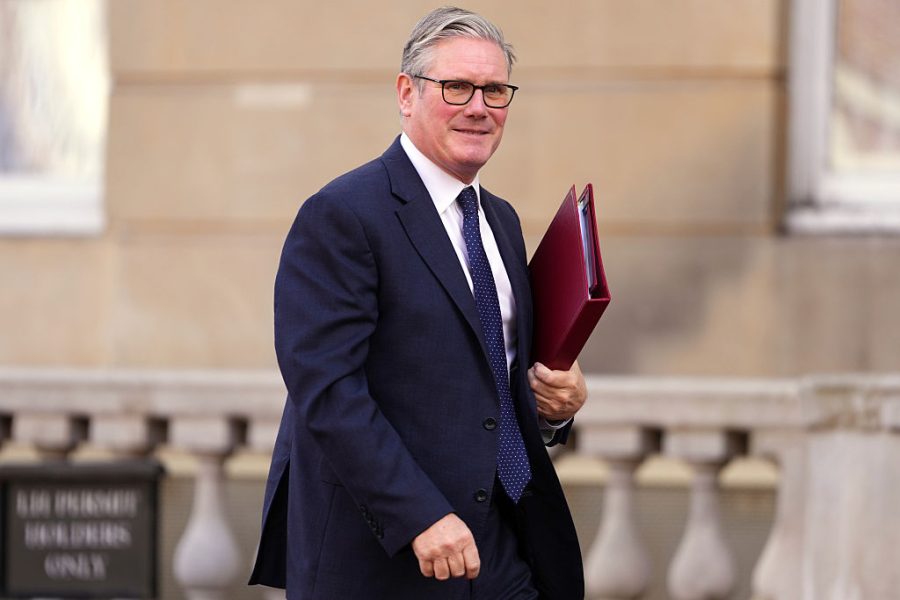I have never been a big fan of my own name. The name ‘Nigel’ has romantic origins – it means ‘dark champion’ in Celtic lore and Sir Arthur Conan Doyle titled one of his dashing medieval historical novels Sir Nigel. But by the time of my birth the name had become indelibly associated with cerebrally challenged upper-class twits with protruding teeth, and then a silly song about ‘making plans for Nigel’.
The most prominent bearers of the name during my lifetime – such as Nigels Lawson, Havers, Mansell and Kennedy – have done little to enhance its prestige. By 2022, only three Nigels were registered in the national birth statistics, and the name had become so unpopular that it is threatened with actual extinction, going the same way as such despised and dead forenames as Herbert, Cyril and Algernon. So acute was the danger that the Daily Star ran a front-page reading ‘Oh no! We’re running out of Nigels!’ And then along came Nigel Farage.
Although the Reform party leader is a Marmite figure, his loyal following mately refer to him as ‘Nigel’ rather than ‘Farage’ at Reform UK meetings, even if they have never met him. So could the most divisive man in British politics be responsible for reviving his much-mocked moniker?
There has yet to be any notable uptick in Nigels in the birth statistics, but I wouldn’t be surprised to see make a comeback – in the same way that antique male forenames such as Alfie or Gus have enjoyed a recent revival.
Meanwhile, some of us Nigels are fighting back. In 2019, around 400 Nigels and their partners – some from as far afield as the US, Nicaragua and Zimbabwe – gathered at the Fleece pub in the village of Bretforton, outside Evesham, for the first Nigel Night – a celebration of the name and its proud wearers organised by pub landlord Nigel Smith. There was a second such night in 2022, and the next will be held this year on 20 September. Thousands of us have signed the Book of Nigel that Mr Smith keeps behind the bar to register our existence.
By 2022, only three Nigels were registered in the national birth statistics
I acquired my name almost by accident. My father had no particular preference when it came to names. (He had called his previous sons Ivor and Keith, which are even less fashionable than Nigel.) My half-brother Keith strongly lobbied for ‘Colin’, so thank goodness he didn’t win that battle. My mother, however, had a tendresse for a gentleman jockey named Gay Kindersley (1930-2011), who – despite or because of his name – was a confirmed heterosexual, and she was actually proposing to dub me ‘Gay’. You can probably imagine the effects on my childhood had she got her way.
Fortunately, my dad attended a party on the night I was born, and a woman guest suggested calling me ‘Nigel’. My mother accepted the idea, and so I was launched with the name. When I tell you that my middle name is ‘Hazell’ (my grandmother’s surname), you can guess that my parents weren’t very thoughtful when it came to bestowing names. The misery that caused me at boarding school is still a raw memory.
In some cultures, names remain a sacred symbol, kept secret from strangers and bearing a spiritual significance. In our debased society, babies are given the names of soap stars, footballers or popular wines. For what it’s worth, I called my own offspring Rebecca, Tom and Milena. I didn’t even consider Nigel or Nigella.








Comments